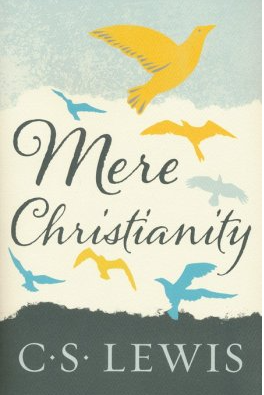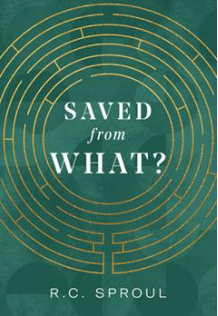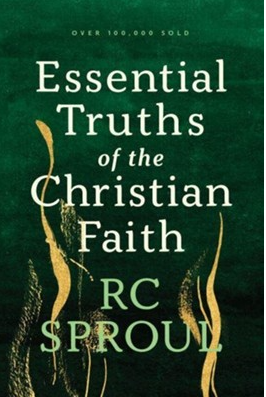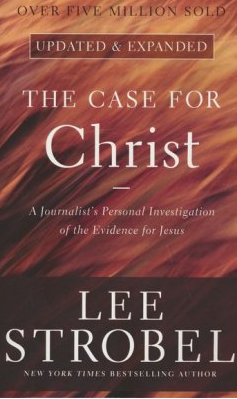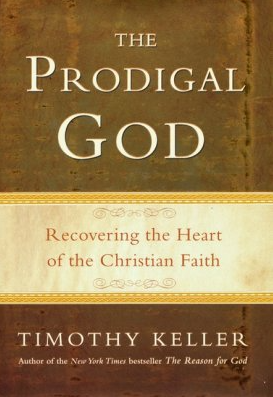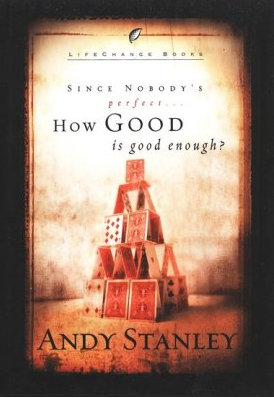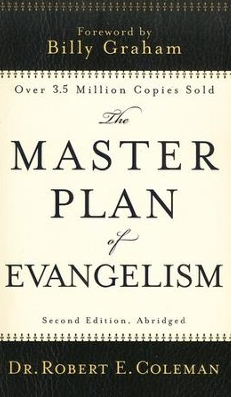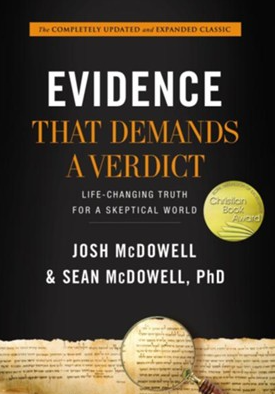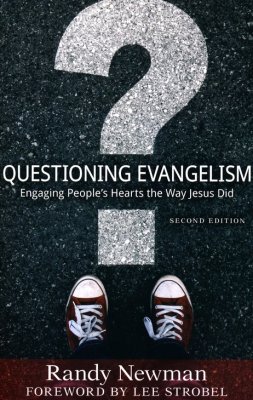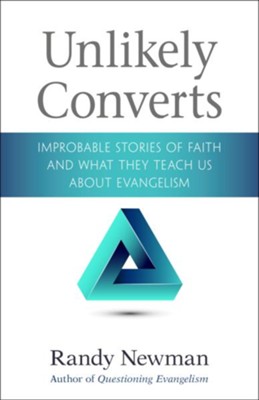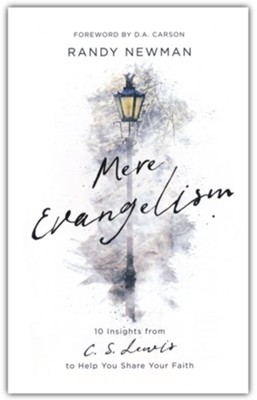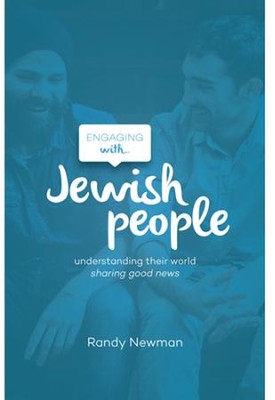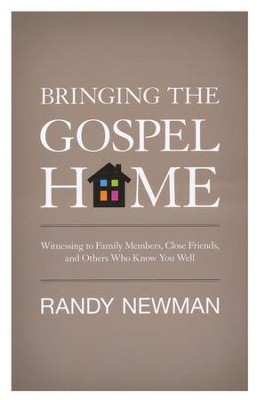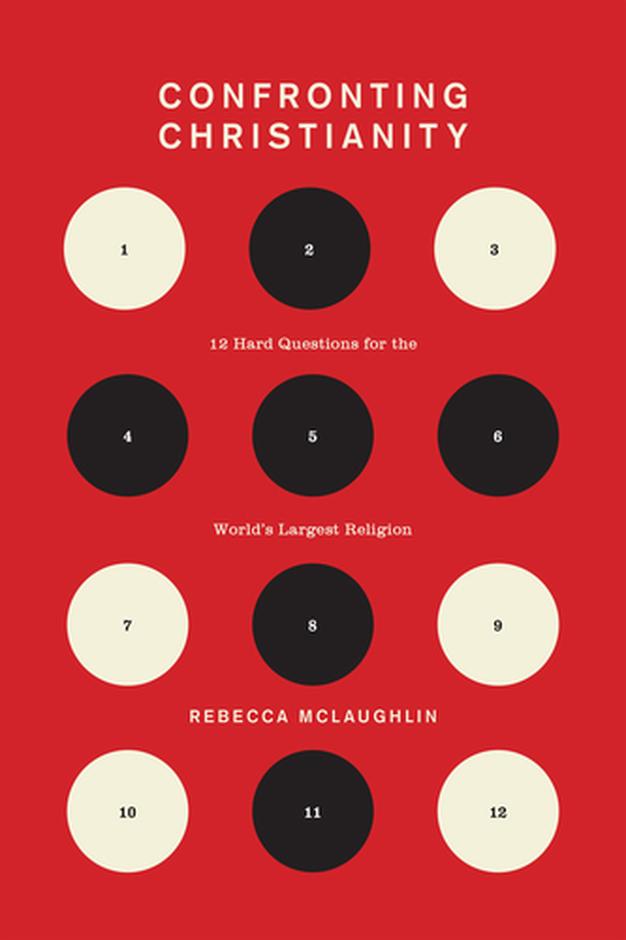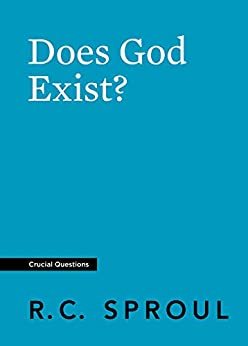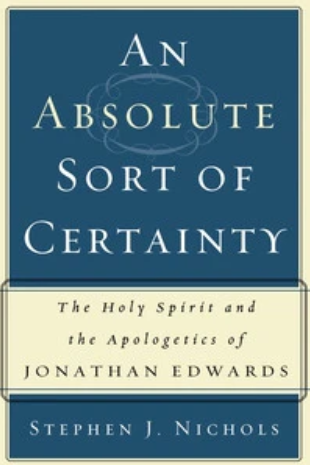Back to series
Sharing Your Faith
…in your hearts honor Christ the Lord as holy, always being prepared to make a defense to anyone who asks you for a reason for the hope that is in you; yet do it with gentleness and respect. - 1 Peter 3:15
Christmas gives us abundant opportunities to share our faith. When you are with family and friends, when you are shopping and in line, when you are with colleagues for Christmas parties, and in many other ways you will have opportunities to talk to others about the greatest gift of all - our salvation.
Articles
In November 2017 at Christie’s auction house, a Saudi prince paid $450.3 million, the highest price ever for a work of art, for Leonardo da Vinci’s painting Salvator Mundi. Leonardo’s painting of Jesus as Savior of the World is controversial for many reasons; notably, experts disagree as to whether Leonardo himself painted it! In the days following the sale, several Christian writers and commentators were quick to note that all might have the Savior of the world, for free. Indeed.
We need to see connections between the diversity of faith experiences and the richness of the gospel. We have a multifaceted message that connects with complex people in a variety of ways. Do you resist this? Do you fear I might lose the centrality of the atonement in all this? I understand your caution. I fear the same danger.
Evangelism has never been easy. But I’m convinced it has become more difficult in our current day, when Christianity is viewed as intolerant, homophobic, antidiversity, anti-intellectual, antiscience, and just plain harmful. For a society that wants to progress toward inclusion and tolerance, Christians seem “on the wrong side of history.”
Talking about communicating the gospel convincingly, I want to consider the character of the evangelist and authenticity in the evangelist’s life.
I once heard someone say he wanted to be able to converse with anyone about anything. I was intrigued. He reasoned that joining in on a conversation of the other person’s choosing could express respect, interest, and care for that person.
If we hope to engage in conversation about weighty topics such as knowing God, acknowledging sin, and trusting in Christ’s death, we need to have some level of competence in listening, asking good questions, and pursuing rich conversation. If we can’t connect with people about the weather or their jobs, we may find it difficult to talk about eternity or their souls.
I know some people who need lead time before discussing heavy issues. They’re actually interested but probably won’t handle it well if someone just switches from light chatting about the weather to serious issues of eternity. And they’d appreciate being asked for an “okay” before making that dramatic leap.
Jana Harmon interviewed fifty former atheists who had come to saving faith in Jesus as Lord and Savior. She tells us what she learned in the process, both from what her conversation partners said and how they told their remarkable stories.
According to Randy Newman, evangelism could be viewed as slightly less difficult if we break it down into component parts. In this article, Newman breaks evangelism down to a few component skills: presenting a concise summary of the gospel, sharing your personal testimony, answering apologetic questions, asking stimulating questions and offering invitations. Read the full article here.
What makes atheism so appealing? Author Cameron McAllister makes the case that overlooking atheism’s appeal constitutes a serious strategic mistake for those of us who want to discuss the gospel with skeptics.
"Pride alienates us from God and others. Humility is the path to better fellowship with God and others as well to true Christ likeness an to true ministry. Forsaking pride is essential in order to embrace humility and servanthood," says Jerry Root as he continues his message on Growing in Humility.
In Part 2 of this episode, Michael Ward continues his examination of some of the groundwork to the thinking of C.S. Lewis that enabled him to become so effective an apologist. Read this article online.
In this final installment of the series, Michael Ward challenges us to reach out with the gospel by doing more than just promoting ideas or stating propositions. We need to engage the imaginations and affections of those we want to reach. Read this article online.
The command to “go and make disciples” has for many decades been understood to be synonymous with “go and make converts.” In other words, go out to evangelize nonbelievers and help them come to faith in Jesus Christ.
As I meet Christians in a variety of settings, I sense a shift in motivations for evangelism. And I’m greatly encouraged by it. For a long time, I think Christians flocked to apologetics seminars and evangelism trainings because they felt guilty. They knew they were supposed to speak up, not be ashamed, make the most of every opportunity, and preach the word in season and out of season. But they didn’t. And they felt guilty for their evangelistic lockjaw.
Have you ever talked with a non-Christian about the gospel and wanted to follow up the conversation with the gift of a book? You sensed the person was open, and you knew you had more to say. Or have you hoped to have such a conversation but were afraid to? Having a few “leaving pieces” to offer outsiders may bolster your confidence, encourage someone’s seeking, and lead to eternally significant outcomes.
Most Christians in the United States have grown up with Jewish neighbors, classmates, and friends. But their understanding of Judaism is usually limited to their reading of the Old Testament and the holiday in December called Hanukkah. Some of us were taught in Sunday school that Judaism teaches salvation by works.
So, you’ve got Jewish friends and you want to talk to them about Jesus. You’ve read Gerald McDermott’s article about Judaism, and you’re wondering how to start connecting what you know about Judaism, what you love about Jesus, and how you long for your Jewish friends to make that connection as well.
Dr. Gerald R. McDermott offers an insightful overview of the history, beliefs, and various schools of Buddhism. He helps Christian better understand their Buddhist neighbors and summarizes key similarities and differences between Buddhism and Christianity.
There is no such thing as Hinduism. (You now know more than the average Christian and will immediately stand out in your next theological debate). The word Hinduism presumes a religion in which the parts are consistent with one another.
Islam is one of the world’s fastest-growing world religions. (Christianity is growing almost as quickly.) Several factors account for this: Muslims are aggressive in their evangelism (especially in Africa), their message is easily understood (Muslims say Christian theology is complicated and hard to believe), and they offer the politically alienated the prospect of national transformation.
The Jewish community collects stories that highlight their minority identity in a predominantly Gentile world. One memorable tale tells of a young boy who asked his rabbi, “What’s the difference between Jews and other people?” The rabbi replied, “Oh, Jews are just like everyone else . . . only more so.”
Podcasts
We need all the encouragement we can get in evangelism, especially in our world today that sees Christians as the “bad guys.” Sam Chan helps us a ton.
Knowing how to engage in good conversations with Mormon friends and acquaintances is crucial in our pluralistic world today. Former Mormon and apologist, Corey Miller shares his very helpful insights from his experiences and study.
Apologetics without evangelism leaves the task unfinished. Evangelism without apologetics risks a shallow approach to a very deep process. Andy Bannister helps us weave the two together.
Did you start some good reconnecting with people during the early stages of Covid-19? Perhaps it’s time to renew those conversations. This could be a great time to reach out to non-Christians and offer hope from sources other than policies and medicine.
Too many of us embrace grace for our salvation but then leave it behind in our everyday lives. We base our relationship with God on our performance rather than on His love for us. But our performance can never earn us the love we so desperately crave. Renowned author Jerry Bridges’s Transforming Grace is a fountainhead of inspiration and renewal that will show you just how inexhaustible and generous God’s grace really is.
Christians are called to be ready to make a defense of the faith. But as cultures change, the questions and approaches to that task shift. Philosopher Paul Gould helps us navigate these tricky waters through insights from his book Cultural Apologetics.
Broadcast Talks
Three powerful questions. Take them away, try them out during the holiday season. Try them outside the holiday season, and see what happens as you start using questions in evangelism. My prayer is that as you do that boldly, or maybe falteringly at first, as you draw your friends into conversation, you’ll discover that the Lord can work through you in incredible ways, just as He works through questions in the Gospels.
|
Every generation has challenges, both cultural and theological. There are three challenges we’re facing to pass our faith on to the next generation. I will touch on one in a major way and two in a minor way. |
The really encouraging thing, the exciting thing, is that if we learn to use the Jesus method and ask really good questions, then they are a powerful tool to help us both to overcome fear and to handle these sticky situations in which we as Christians sometimes find ourselves.
Looking to Learn More About Sharing Your Faith? Consider our Study Courses
WE HAVE MANY OTHER STUDY COURSES AVAILABLE, THE FOLLOWING LIST IS, IN PARTICULAR, RELATED TO SHARING YOUR FAITH.
These resources are more time-intensive and require signing up for FREE course access. The process of registering is outlined below:
- Follow the link here to access the main page for CSLI Study Courses
2. Select a Study Course of your choice and click the "Sign Up For Course Access" Button
3. Fill out the linked form with all relevant information
4. Use the email provided password to "Login" on the study course page
5. Enjoy the free Study Courses designed to help you in your walk with Christ!
Check out basic apologetics course, conversational apologetics course, and the women's apologetics courses!
Recommended Reading
Arguably the 20th century's most influential Christian writer, C.S. Lewis sought to explain and defend the beliefs that nearly all Christians at all times hold in common. His simple yet deeply profound classic, originally delivered as a series of radio broadcasts, is a book to be thoroughly digested by believers and generously shared with skeptics. Paperback with French f laps and deckled page edges.
Have you ever been asked by a stranger, “Are you saved?” Many Christians use this question as an opportunity to tell someone about Jesus. But a common response to that question might catch us off guard: “Saved from what?” Until this essential question can be answered, we won’t be able to make sense of Christ’s sacrifice or explain it to others.
With the layperson in mind, Dr. Sproul offers a basic understanding of the Christian faith that is interesting, informative, and easy to read. Sproul provides brief explanations of biblical concepts every Christian should know in language everyone can understand. Highlighted with homespun analogies, the more than 100 doctrines treated are categorized under major headings for easy reference. Among the features of this handy volume are helpful chapter summaries, further reading suggestions, and diagrams, which combine to make this an accessible and informative resource for learning the essentials of the Christian faith.
If you were a journalist, how would you investigate the top story in human history? Join the award-winning former legal editor of the Chicago Tribune as he cross-examines scholars to uncover incontestable evidence supporting Jesus' claims. Includes updated archaeological material, an interview with Strobel, and more. A powerful defense of the Christian faith! 464 pages, softcover from Zondervan.
Using his characteristic intellectual approach to faith issues, Keller uncovers an unexpected message in the familiar---and often misunderstood---New Testament parable of the prodigal son. Seekers and believers alike will see Christianity in a whole new way when they learn how Christ's followers are supposed to love, so they can join him in heaven.
Many of us want to believe that our family and friends who have not confessed Christ will be accepted into heaven because they are basically "good people." In How Good is Good Enough Andy Stanley shatters this false belief by reminding us that heaven is not filled with good people, but with people who have received God's grace. This powerful teaching on grace will bring you closer to God and will help you introduce family and friends to the heart of the Christian faith.
Discipling is not an option for believers---it's a priority. How should we carry out Christ's Great Commission? In this updated edition, Coleman draws on the Book of Acts, showing how to apply the early church's principles of ministry to contemporary congregations. His practical guidelines will help you fulfill Jesus' command to "make disciples of all nations."
You already know that Jesus suffered pain, humiliation, and death on the cross just for you. But do your friends and neighbors have that same assurance? This outreach edition of Max Lucado's life-changing message is priced so you can buy in bulk and give it away! Why not do it today - just for them. 64 pages, softcover from Thomas Nelson.
In the first edition of Evidence That Demands a Verdict, Josh McDowell armed thoughtful Christians with historical documentation and modern scholarship, bearing witness to the truth of the Bible. Evidence quickly became a resource for millions of believers in defense of Christianity against the harshest of critics. Josh is joined by his son, Sean McDowell, in this exciting new edition with more historical insights to encourage those familiar with Evidence, as well as a new generation of believers, to embrace the truth of Christ in a skeptical culture. This is a book that invites readers to bring their doubts and doesn’t shy away from the tough questions.
Sometimes the best answer is a question. It's the way Jesus often talked with people as He led them into discussions about the issues that mattered most. In this second edition of the perennial best-seller Questioning Evangelism, Campus Crusade for Christ veteran Randy Newman forwards thought provoking and practical insights to help Christians engage others in meaningful spiritual conversations. Emerging out of years of his own questioning style of evangelism, Newman suggests that asking questions doesn't tell unbelievers what to think but instead challenges how we think about people, their questions, and our message.
Most Christians have people in their lives who they're sure will never come to faith. Whether they're too committed to their sinful ways, too angry at God, or too quick to shut down any mention of the saving grace of Jesus, these long shots don't seem worth approaching.
Evangelism is an extraordinary task; it's what God uses to bring people from death to life. But it has always been difficult.
C.S. Lewis was used by God in the conversions of countless people, from friends and acquaintances in his own lifetime to modern-day readers of books such as The Chronicles of Narnia and Mere Christianity (the most influential Christian book of the 20th century). As Tim Keller comments, "C.S. Lewis was incredibly skilled at getting Christianity across in a way that's powerful to thoughtful people." So, if we want help with evangelism, there is much we can learn from the clarity and imagination of this hugely influential Christian writer.
Many Christians are fearful of engaging in conversations about their faith with Jewish people—knowing that there are complex issues and suspicions that lie deep beneath the surface. And yet there are many points of contact, and much common ground.
Jesus is off limits for a lot of families and friends-or at least that's how it appears sometimes. Why does sharing the good news with a stranger often feel less frightening than telling those you love most?
Contrary to popular belief, Christianity is not declining in the modern world. It has long been the world's most popular belief system, and looks set to remain so. Rather than dismissing Christianity, therefore, we must wrestle with its claims
Many people believe in God, but is it possible to prove that He exists? Or must we simply take a leap of faith?
From the classroom to mainstream media, Christians regularly find their fundamental beliefs discounted by opponents who consider faith to be incompatible with reason. But in this apologetics primer, Dr. R.C. Sproul sets forth the core claims of faith to reveal just how rational Christianity truly is.
Although postmodernism, polytheism, and the ancient heresy of Gnosticism seem unrelated, Peter Jones shows that they are part of an ancient religious worldview that seeks to impose significant elements of a pagan civilization on our once “Christian” Western culture. Jones helps us to understand this opposing spiritual system so that we can counter it with the biblical gospel.
This book reveals the contours of Edwards's apologetics by exploring his view of the Spirit's work in inspiration, regeneration, illumination, and especially assurance.
Categories
Speakers

C.S. Lewis Institute
Author
Team Members
C.S. Lewis Institute
Author
C.S. Lewis Institute, in the legacy of C.S. Lewis, works to develop wholehearted disciples of Jesus Christ who will articulate, defend, share, and live their faith in personal and public life. Founded in 1976 by Dr. James Houston and James R. Hiskey, the Institute provides leading teachers who address important issues of the day from the perspective of Biblical orthodoxy, while also providing discipleship for individuals in small groups.



























